Homage to Catalonia: Spanish Civil War veterans honoured at 80th anniversary Barcelona concert
Moving portraits and stories of the last survivors who fought in epic struggle against the forces of fascism
On 18 July 1936 a group of officers staged a military coup in Spain in an attempt to overthrow the left-wing Popular Front government. This sparked a civil war that resulted in victory for the Nationalists, who were supported by Adolf Hitler's Germany and Benito Mussolini's Italy. Historians estimate as many as 500,000 combatants and civilians were killed on the Republican and Nationalist sides in the war. Atrocities were committed on both sides. The victors under General Franco executed thousands more after the war.
Eighty years later, veterans of the bitter fighting to save the Republic from Franco, and his German and Italian allies, as well as relatives of victims attended a concert at Barcelona's beautiful El Palau de la Musica. Getty Images photojournalist David Ramos took the survivors' portraits and heard their stories.
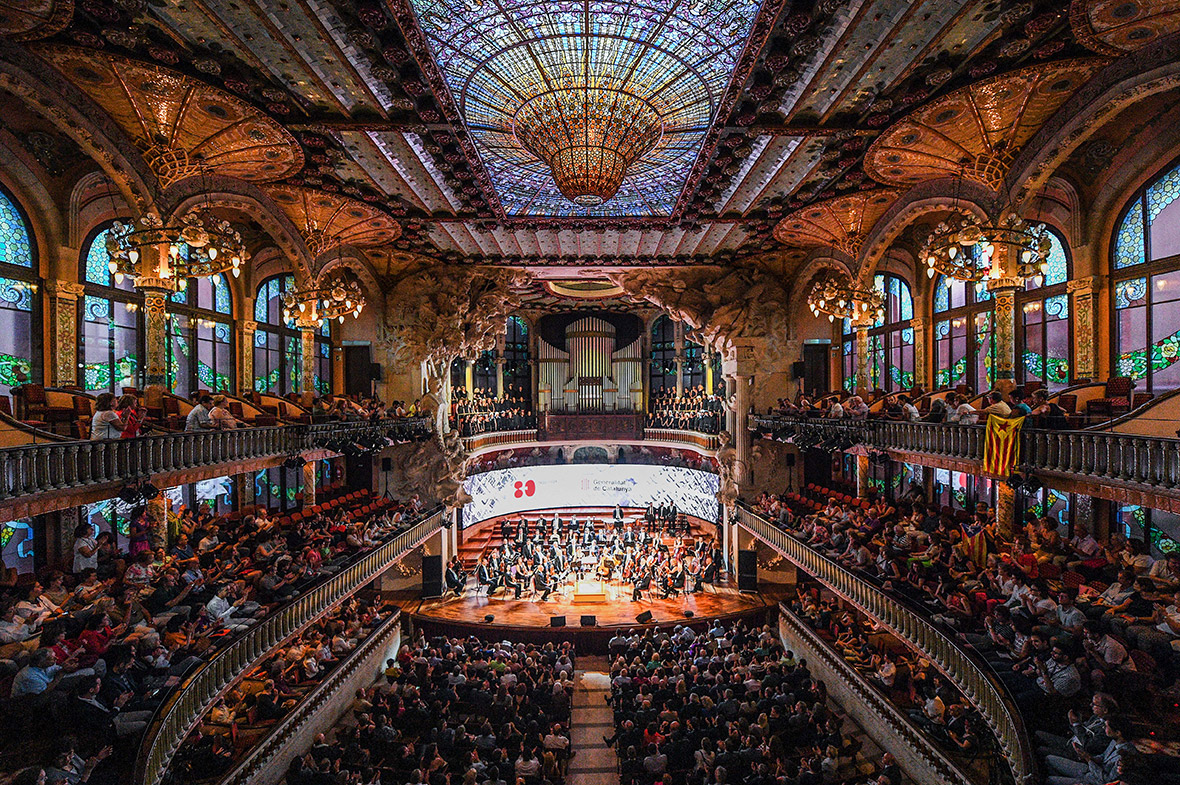

Teresa Alonso, now aged 91, witnessed the air raid over Guernica in 1937. She was evacuated with other children by boat to the USSR. She suffered the siege of Leningrad in 1941 and 1942. Teresa remembers: "We saw hundreds of dead bodies going with the flow under the ice of the frozen Neva river." During the war, many parents from the Republican side sent their children to Russia. They thought that once the war was won they could come back to Spain. However, they lost the war and more than 2,800 children were forced to stay in Russia. Some of them could only make their way back in 1960.

Neus Catala, now aged 100, was a nurse when the war broke out. She crossed the French border taking more than 180 orphaned children and widowed mothers during the retreat from Catalonia in 1939. She joined the French resistance and was deported to the Ravensbruck concentration camp. She is the last living Spanish survivor of a Nazi concentration camp.
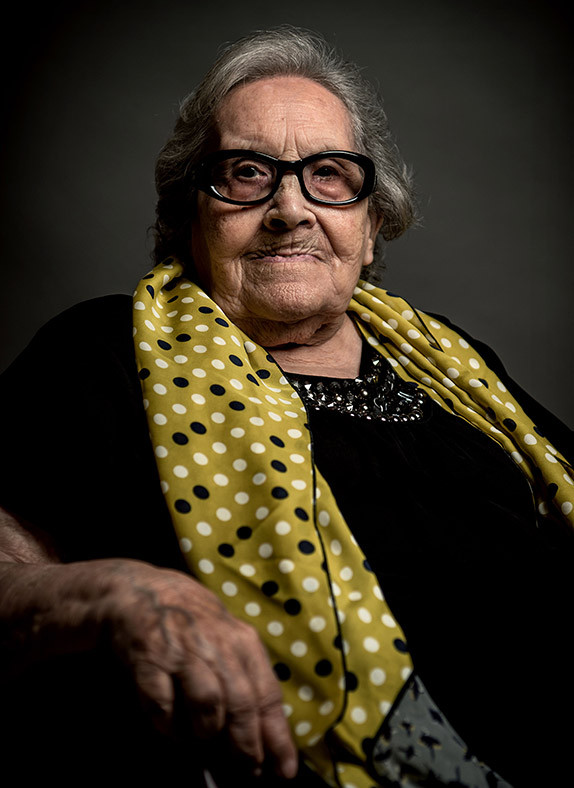
Alfons Canovas fought on the Aragon front in 1938. He says: "I am not sure if I killed someone, I was terrified. I did not aim, I hoisted my rifle over my shoulder and I fired it while I was hidden in my trench". His father was killed during an Italian air raid over Barcelona on 19 January 1938. Alfons Canovas sued Italy in Spain's National Court in May 2011 for the fascist Italian air raids over Barcelona during the Spanish Civil War.
His brother Antoni fought in the frustrated offensive to retake Mallorca from Nationalist control. He finished the war fighting on the Ebro front where – by chance – he met his two brothers. At the end of the war he was exiled in France, but was forced to leave France for North Africa due to the Nazi occupation. He got caught in Morocco and freed by American troops in 1943. He was allowed to come back to Barcelona 30 years after he left Spain.
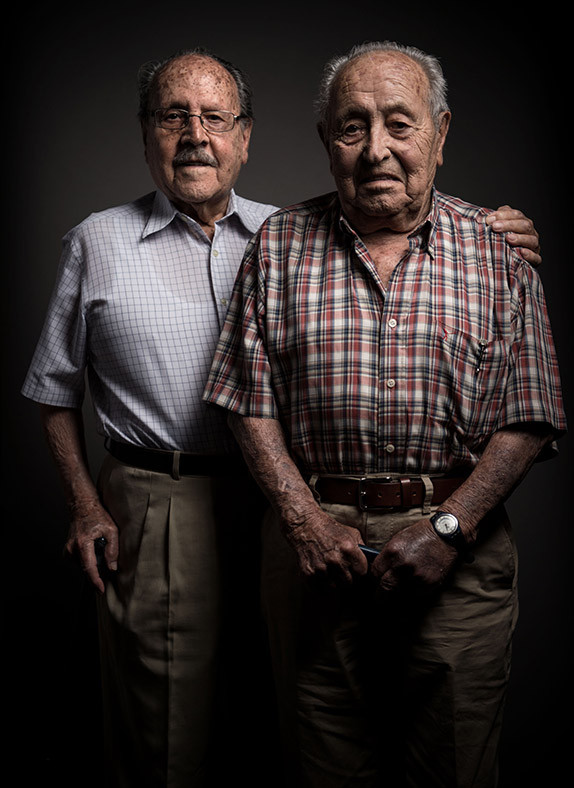
Josep Capellades, now aged 100, is one the last two living mechanics who worked on Republican fighter aircrafts. He fought with the fourth squadron fixing Russian Polikarpov-15 fighters. He was exiled in Argentina after the war.
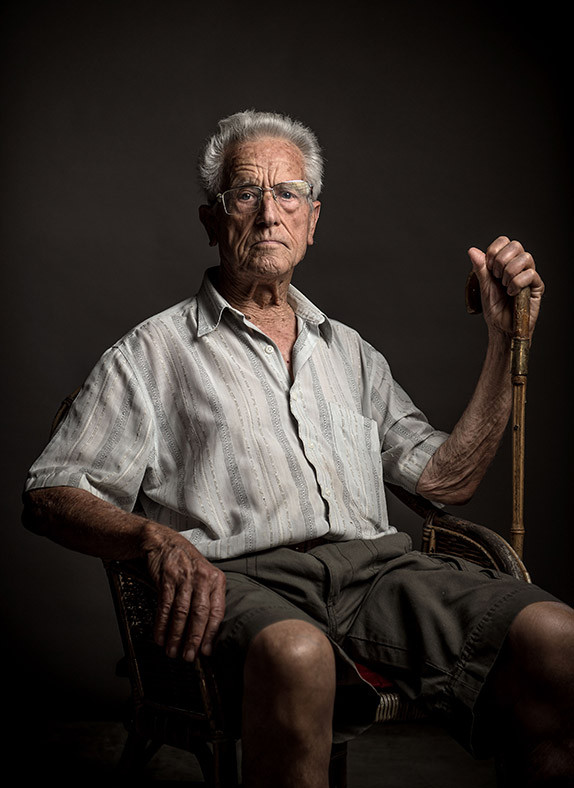
Assumpcio Ruera, 87, is one of the last living survivors of an Italian air raid over Granollers on 31 May 1938. She says she was walking up the stairs at school when the bombing started. Parents arrived at the school to pick their children up at the end of the air attack, but her mother never came. She was killed as she was queueing at the market. "Red water came down my street from the square where the market was. I was nine and I remember thinking it is my mother's blood," she says.
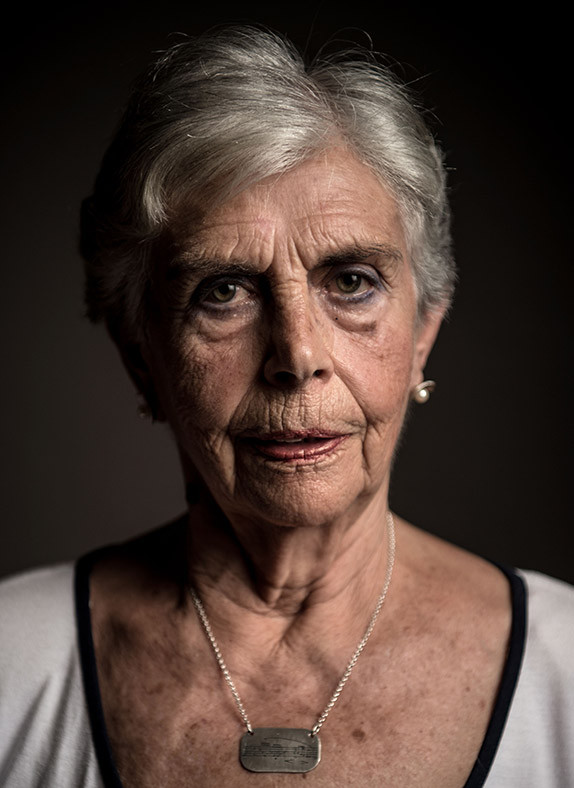
Laura Benesey, now 92, remembers how she left Barcelona in 1939 during the massive retreat towards France. "We were attacked many times by Italian fighters as we were stuck on the roads full of civilians and soldiers fleeing towards the French border." She ended at the concentration camp in Argeles. She helped her mother, a Catalan teacher, take care of children. Returning to Barcelona in 1942, she became a teacher. In the sixties she helped to fight against the ban on teaching the Catalan language in schools.
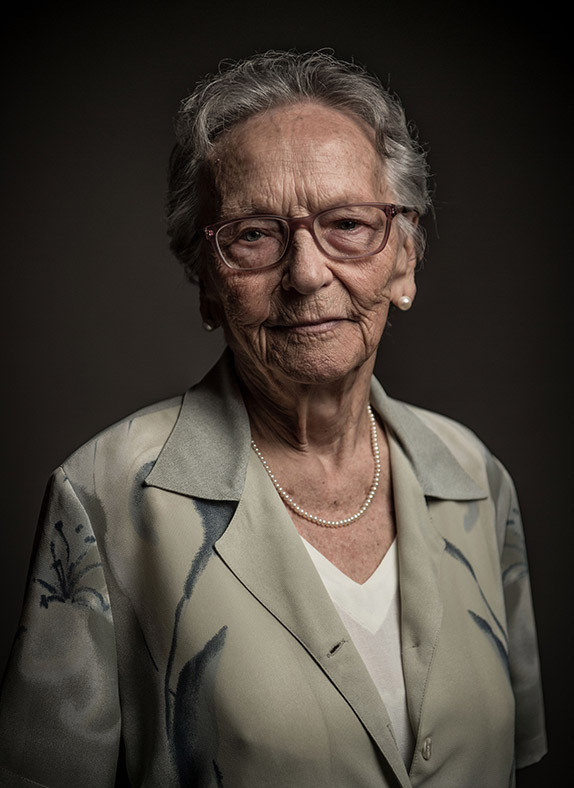
Joan Pons, 94, is Laura Benesy's husband. He is one of less than 200 living soldiers from what has become known as La Quinta del Biberon (Draft of the Baby's Bottle). At the end of 1938, around 30,000 young men, aged between 17 and 19, were called up to fight for the Republic in a desperate attempt by the army to turn a war they were losing. He remembers a Republican officer asking them: "Do you know how to throw stones? These are going to be your only weapons." He blew up a bridge over the Llobregat river during the Republican withdrawal.
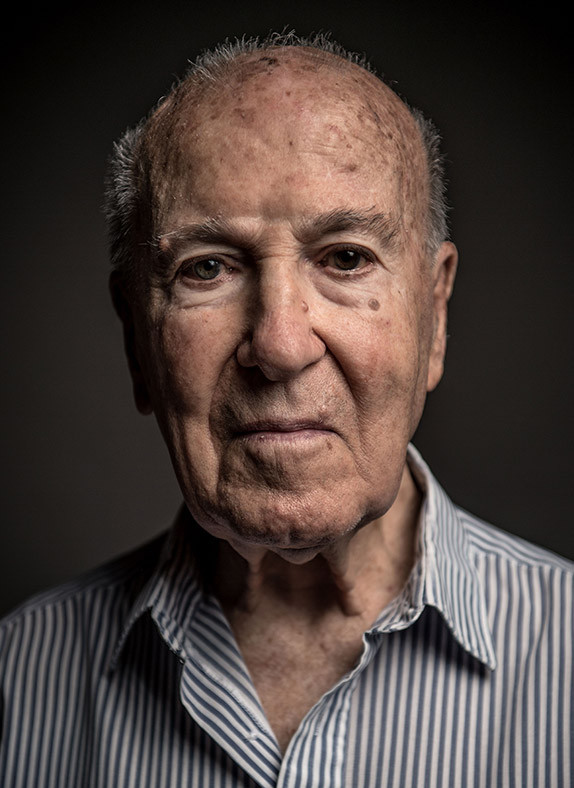
Agusti Tarres, 99, is one of the last surviving Republican officers. He fought in Madrid and the battle for Teruel – the first and last provincial capital to be conquered by the Republican Army. Nearly 40,000 died in the battles, on both sides. After Teruel, he fought during the famous battle of the Ebro.
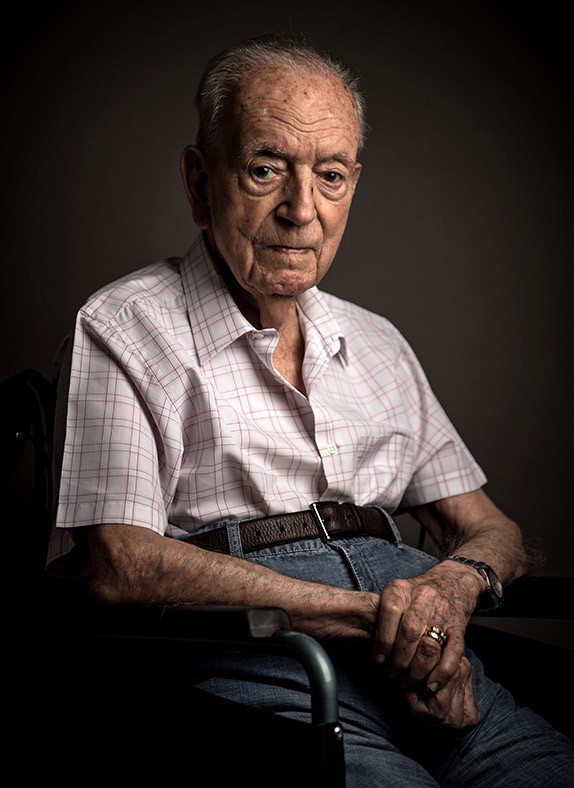
Barcelona's El Palau de la Musica is a fitting venue for the concert marking the anniversary of the start of the Spanish Civil War. On 18 July 1936, world famous cellist and conductor Pablo Casals was rehearsing here with his orchestra when he received a message informing him of the military coup and urging him to send his musicians home.
Casals read the message to his orchestra and asked them if they would prefer to leave immediately or stay to play the final movement of Beethoven's Ninth Symphony as a way of saying goodbye to each other. All of the musicians volunteered to stay, and Casals conducted with tears streaming down his face as "Ode to Joy" echoed in the empty concert hall.


© Copyright IBTimes 2025. All rights reserved.






















